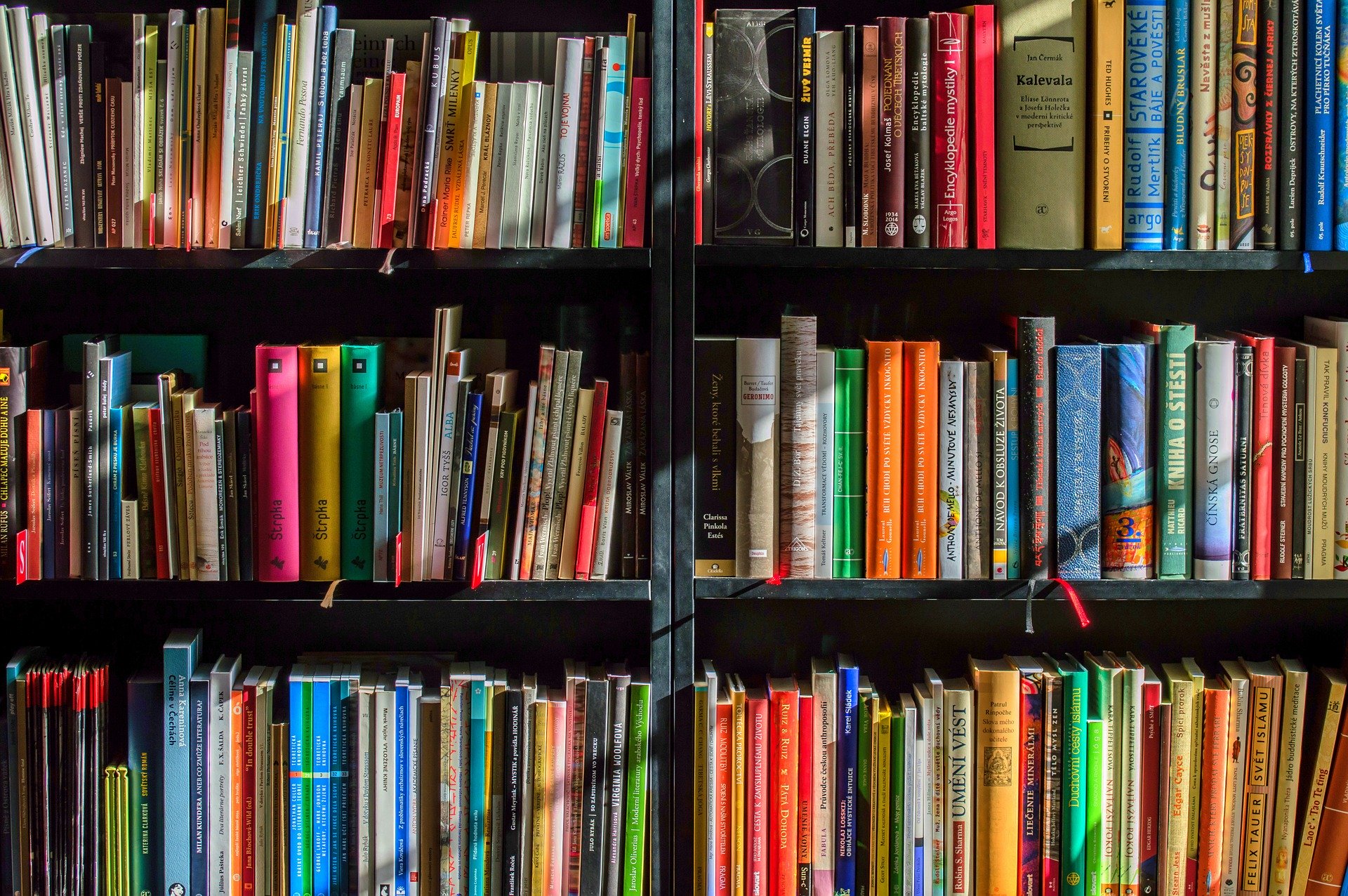Since the beginning of lockdown 17 months ago, booksellers across the Bay Area have anecdotally found that reading trends mirrored the events of the pandemic.
Last March, as uncertainty spread about the future of schools and in-person instruction, Chris Saccheri, the co-owner of children’s bookstore Linden Tree, saw a huge demand for educational workbooks, kid’s early reading chapter books, and jigsaw puzzles. When the community donned masks and painted BLM signs in June, Cheenie Durham, the manager of Books Inc. in Palo Alto, reported that the sales of books about social justice soared.
And throughout the entire pandemic, one book genre — escapism — was consistently popular, small bookstore owners said.
Although books were in high demand, many booksellers, eager to continue reaching customers despite California’s shelter-in-place order, had to adapt their business models and expand their online offerings.
Local booksellers agree that, unlike massive bookselling corporations such as Amazon, their stores are integral parts of their communities, providing places to congregate and reflect the interests of their community with more personal curations.
“When you rely on only chain bookstores, you rely on mass-market bestseller material being the primary offerings,” Faith Bell — the owner of Bell’s Books, a used, new and rare bookstore in Palo Alto — said. “With independent bookstores, the offerings of titles can reflect the interests of the people working in the bookstore, so it has a more personal touch.”
Like many other businesses that rely largely on in-person shopping, independent bookstores have struggled during the pandemic. When Kepler’s Books in Menlo Park closed for five months, they saw a significant decrease in sales, CEO and board member of Kepler’s Literary Foundation Praveen Madan wrote in an email. And according to Durham, supply chains were also disrupted, increasing book prices, lengthening reprinting processes and forcing publishers to extend the release dates of certain titles.
Aside from the increasingly popular innovations like curbside pick-up or virtual events, independent bookstores also processed online orders, which had been relatively rare before the pandemic. While this shift marked a huge success for stores like Linden Tree, which was packaging as many as 70 orders per day, online orders also created challenges and more competition.
“The pandemic … forced us to play kind of on Amazon’s turf for several months. We’re a small, mom-and-pop store; we’re not a $2 trillion business. We can’t afford to do free overnight shipping, and we can’t stock every book under the sun,” Saccheri said.
In addition to online sales, many stores, such as Kepler’s Books and Bell’s Books, provided outdoor shopping. Bell’s Books set up browsing tables at their front door for specific topics. Bell explained that, for many of their customers buying second-hand or rare books, in-person browsing is essential to evaluate the book’s physical condition.
Meanwhile, Linden Tree recreated the experience of shopping in a bookstore by providing private online appointments. Booksellers would walk around the store, showing customers books and making recommendations via video call.
“People just enjoy the kind of one-on-one interaction, no distractions from other customers,” Saccheri said.
Some bookstores moved to respond to pandemic-driven supply chain disruptions and unemployment. According to Madan, Kepler’s Books began a partnership supplying books for the local Menlo Park library. To avoid staff layoffs, they redesigned and marketed their paid membership program, which, according to their website, is “critical in [their] ongoing efforts to pay fair wages to our hardworking staff.” Madan said that these efforts paid off: not only did it boost their membership revenue by 70%, but also bolstered their effort to raise staff wages.
While many bookstores are uncertain what the coronavirus will mean for their stores, they encourage the community to continue buying local. They remain committed to offering what Durham describes as a “safe haven for humans, a gathering spot, a place to contemplate your fate, a wild chaotic happening.”
